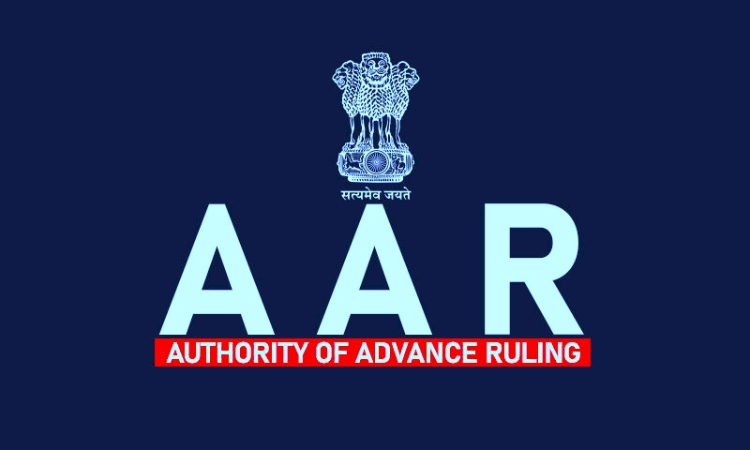The West Bengal Authority of Advance Ruling (AAR) has held that in cases of sale and buyback transactions, the input tax credit is admissible in respect of goods purchased from outsourced vendors when payment is settled through book adjustment against the debt created on outward supplies to those vendors.The bench of Tanisha Dutta and Joyjit Banik has observed that settlement of mutual...

